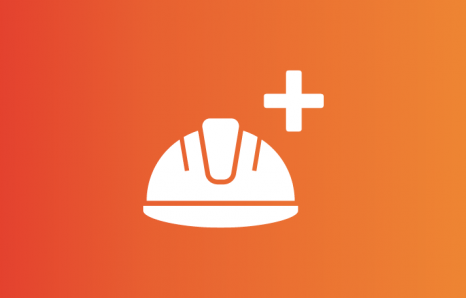Technological innovation in the automation of vehicles is progressing faster than standards or regulatory bodies can keep up with. The overall market share for automated vehicles is expected to increase to approximately 40% of vehicle travel by 2040. However, automated driving is fundamentally different to manual driving. The driver must be prepared to take over control of the vehicle whenever necessary. This shifts the driver’s role from being actively engaged in the driving task to that of a passive supervisor of the system. Studies on cognitive workload and performance show how humans who are overburdened tend to hurry their performance; commit more errors and become frustrated and fatigued. However, humans who are underworked can exhibit many of the same symptoms. This presentation discusses the implications of automated driving on human performance and considers possible countermeasures.
You may also be interested in:

Occupational hygiene within the rail industry: What can it do for you?
Too often we measure our exposure to harm only after that harm has happened. The RWA Occupational Hygiene Management Group talks about how it’s time for a new, proactive strategy, that helps us to avoid risks, ultimately to improve quality of life for our colleagues.

RWL '23 preview - Wendy McCristal and Rupert Lown
Wendy McCristal and Rupert Lown discuss the importance of good mental health, especially for those in lone working roles. They talk about the health challenges especially faced by shift workers and how they can take control of their wellbeing while working long and irregular hours.

Tips for staying alert and energised during your shift
Deborah Edmonds and Rupert Lown will explore how we can all contribute to improving our alertness when we are working on shifts. Shift working can be a bind, but a bit of thinking and with some small adjustments we can make ourselves more alert – and you won’t need cans of energy drink or treble expressos! Our lives are hectic, we often have young families, caring for parents, grappling to sleep in very hot weather. All of these are things we have to live with, but there are tips and tricks to help us and we will explore these with you.
